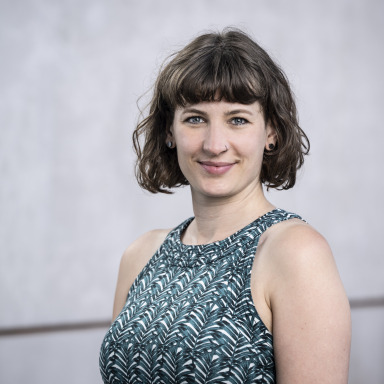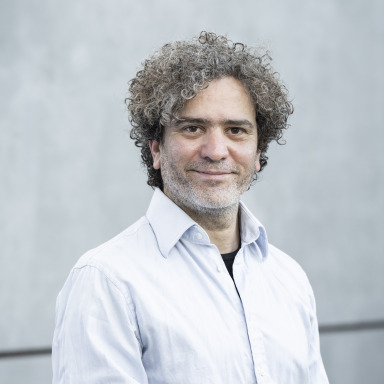RIFS Focal Topic: The Year in Review
24.01.2023
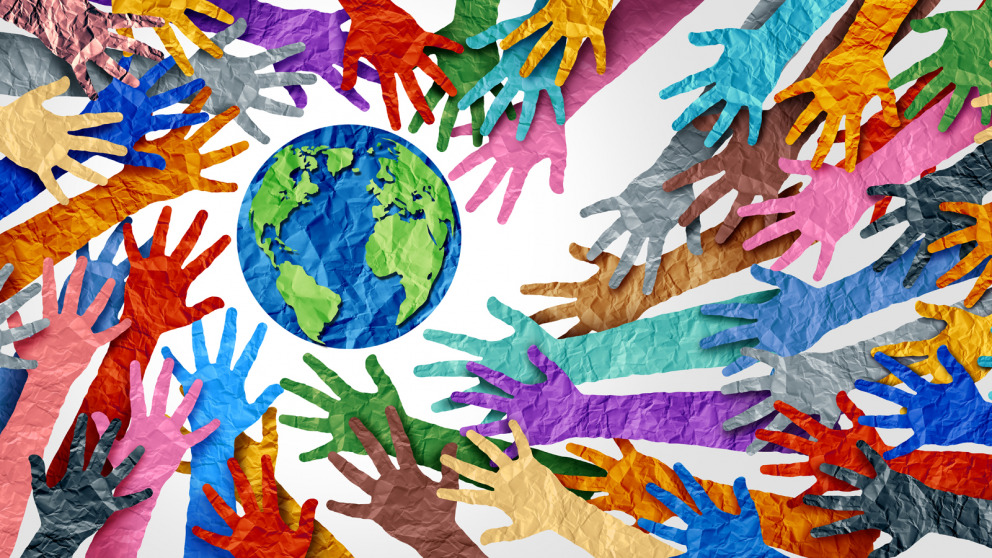
As we start off the new year and set our sights on new goals and projects, we also want to take stock of the many activities and achievements of the RIFS “Justice in Sustainability” focal topic team during 2022.
We commenced our work with a kick-off workshop in December 2021, where we entered into a very fruitful and inspiring dialogue with RIFS colleagues about the various layers of justice in sustainability, how we research these and work towards achieving them in our research, public communication and outreach, and policy-impact work at RIFS. We were happy that we could better appreciate, through this interaction, how questions of justice affect our work as scholars and activists in the field of transformation and sustainability research.
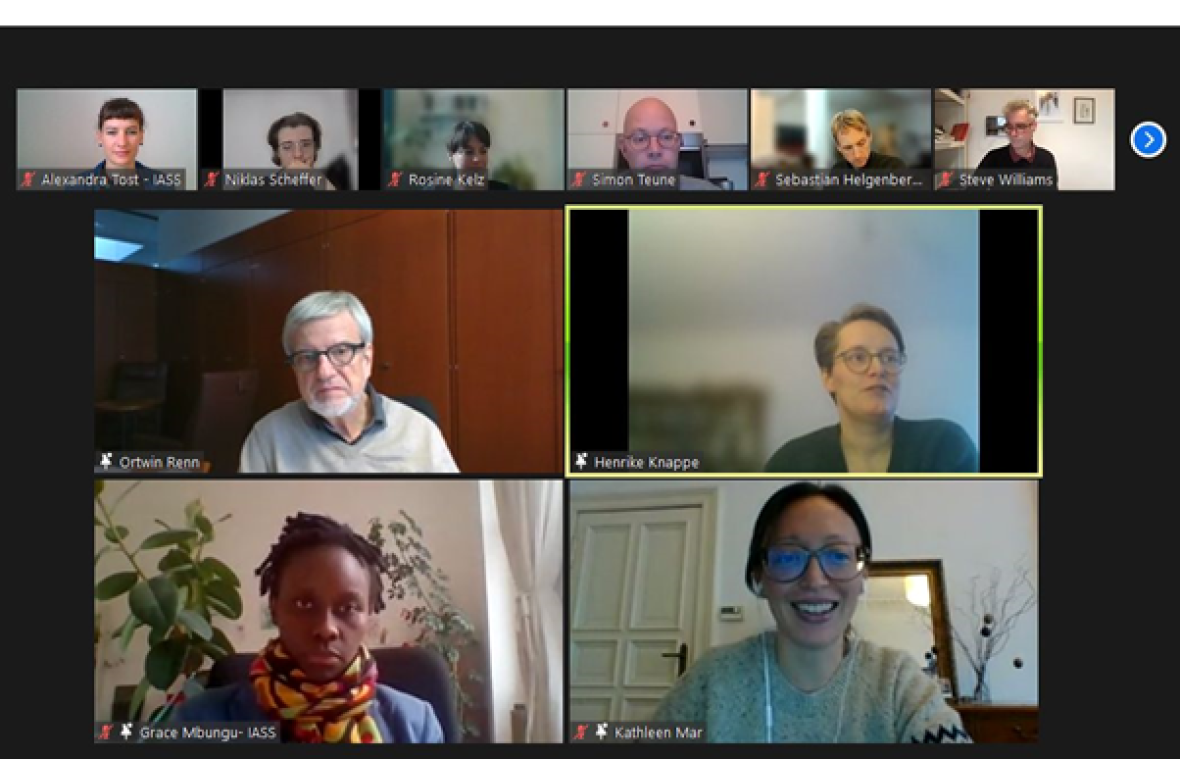
The monthly Justice in Sustainability lecture is a major feature of our work and it started in January 2022 with a lecture by professor of law Louis Kotzé, who later in the year took over the coordination of the focal topic. Together with climate activist and climate plaintiff Jannis Krüßmann, he discussed the ground-breaking Neubauer climate case brought to the German Constitutional Court. We hosted several other academics, activists and practitioners working in the field of justice in sustainability every month to present their ideas and insights, and to discuss different aspects of justice in sustainability. Speakers in our series included, among others, Tasneem Essop, Leah Temper, and Mimi Sheller. Most of the public lectures were transformed into blog posts and published on our website.
The Justice in Sustainability lecture series has been one of our flagship events and will continue in 2023. While advancing our collective understanding of the many complex issues at play, the broader audience interested in the series has been consistently growing ever since, with a positive resultant impact on raising awareness of justice questions in sustainability research (You can find the collected recordings of the lectures of the last year here).
Our three justice fellows engaged in different workshops and research endeavours throughout the year. To highlight a few: Dr. Malika Virah-Sawmy reflected on her work with young people in her blog post: “New visions to support European youth on climate chaos”. Elias König organised a symposium and interviewed key stakeholders around the globe on “Striking for Climate Justice?”, while Dr. Benno Fladvad will present the public lecture in January 2023 titled: “Infrastructuring environmental (in)justice: on the political geographies of energy technologies in planetary crises.” The event will take place online on Monday 30 January at 15:00 -16:30 (CET) (For more information and registration for our upcoming lectures click here).
Members of our team attended numerous conferences and presentations, and engaged with others in different contexts and formats, from scientific conferences to film festivals. Alexandra Tost, for example, joined a discussion at the SILBERSALZ Science & Media Festival in Halle about the dystopian documentary "Invisible Demons", commenting on the severe air pollution in Delhi with a justice and sustainability focus. Former team member Grace Mbungu, shared insights on the relationship between urgency and justice in the climate crisis in her blog: “Time is of the essence in the climate crisis – and so is the case for global justice and equity”. We also published first scientific insights in different scholarly outlets. One recent peer-reviewed article that is hot off the press by Louis Kotzé and Henrike Knappe is titled: “Youth movements, intergenerational justice, and climate litigation in the deep time context of the Anthropocene” (Environmental Research Communications).
The focal topic team was also involved in the Potsdam Summer School, a very popular annual event which brings together talented and passionate people from around the globe working in the domains of science and the public and private sectors. You can find a film showcasing the Summer School from last year here. Furthermore, our team hosted panels at the European International Studies Association (EISA) conference in Athens and the annual Earth System Governance Conference. Dr. Bernardo Jurema, for example, shared insights into his research on “Geopolitics in the Anthropocene” with a focus on the Amazon Basin and Prof Dr. Henrike Knappe presented a paper together with Niklas Scheffer on youth-led climate litigation.
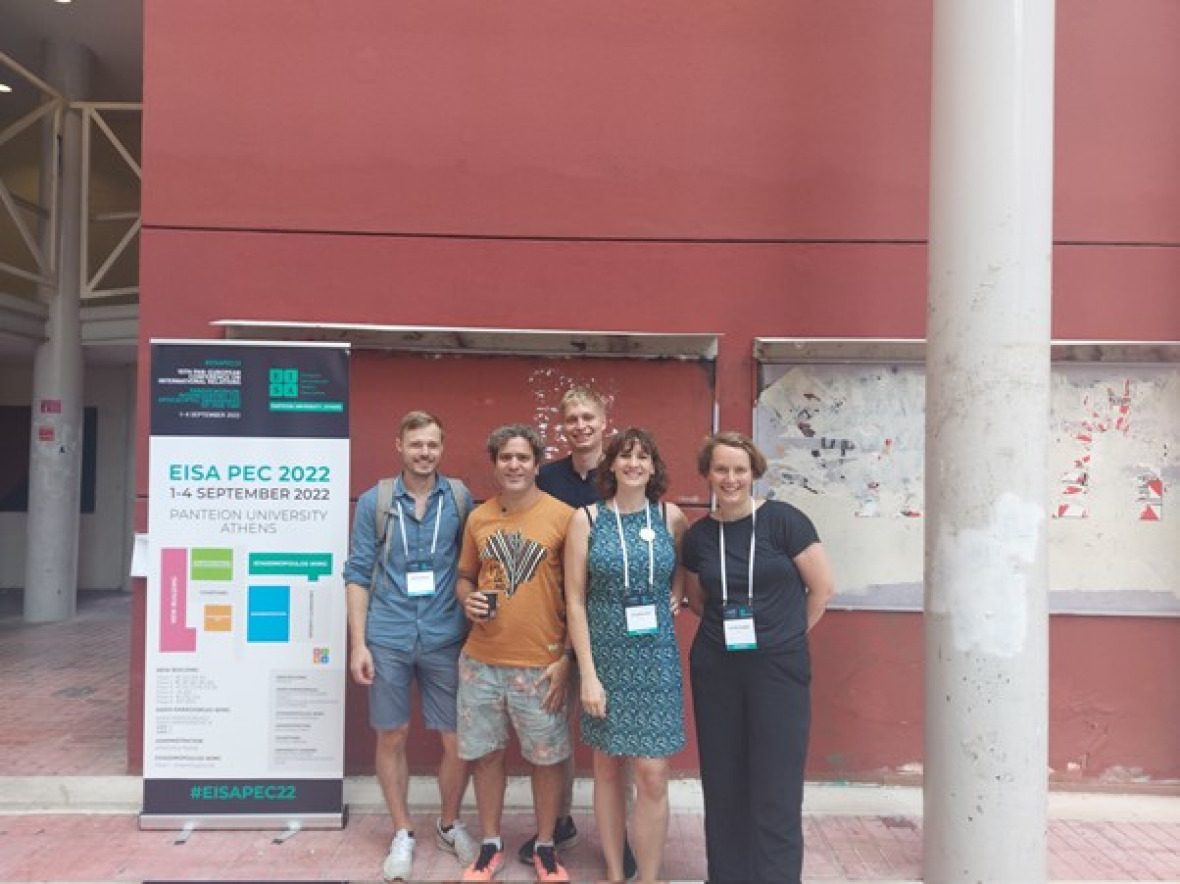
In the last months of 2022, we teamed up with Libra Film to produce a short film that explores justice issues in the context of the climate crisis and the decarbonisation of energy systems. The film presents a selection of speakers from the lecture series and summarises group discussions of the focal topic coordination team (You can find the film here).
Last but not least, we enhanced internal collaboration and synergies within the institute through different opportunities and formats for exchange and collaboration, like our Brown Bag sessions and topic-specific groups.
